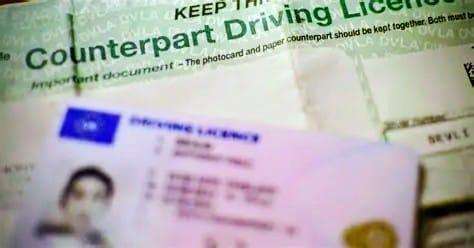With summer quickly approaching and many students eager to finish their studies, thoughts may be shifting to making some extra cash during the break. However, a tax specialist advises students who intend to increase their summer savings to proceed with caution, as they may be impacted by tax liabilities.
If you intend to work in the UK as an international student, this is probably far more likely to be the case. Andy Wood, a tax lawyer, has focused on the summer employment requirements and tax laws for overseas students working in the UK.
He said: "International students working in the UK should be mindful of taxation agreements between their home countries and the UK. While some agreements exempt certain people from UK tax liability, others require them to follow standard tax obligations.
"Cash-in-hand work for international students is a serious risk, from visa complications to legal penalties and tax liabilities. Working without proper documentation violates immigration laws and can lead to potential fines and taxes owed to HMRC.
“During term-time, students are typically allowed a maximum of 20 hours of work per week. This includes paid and unpaid work, and cannot be averaged over a longer period. While universities may impose stricter working limitations, students must stick to these guidelines to avoid potential visa violations.








.svg)



